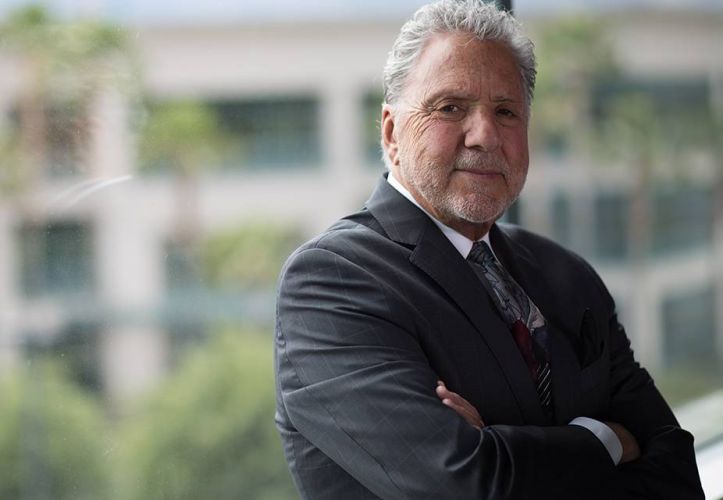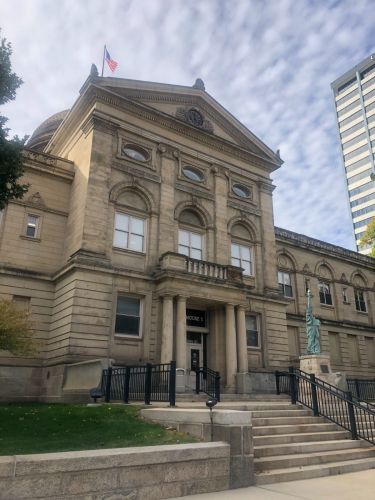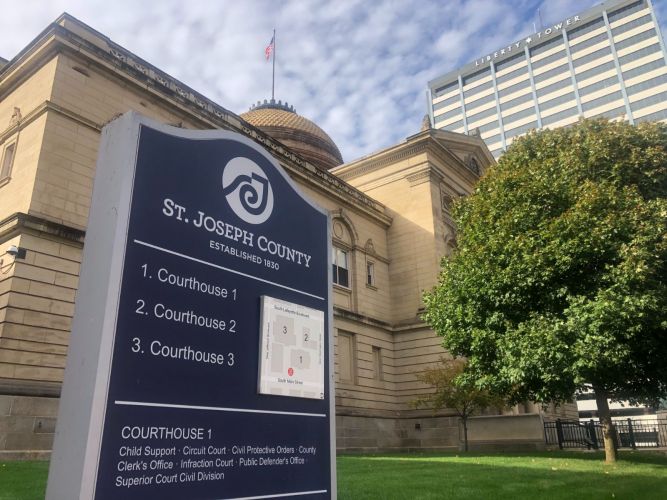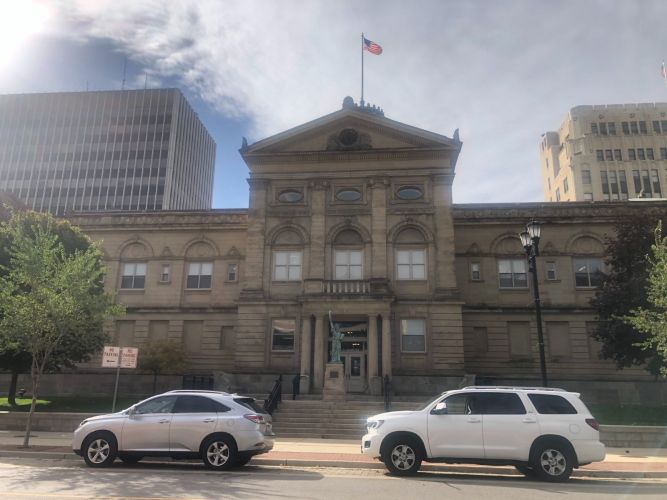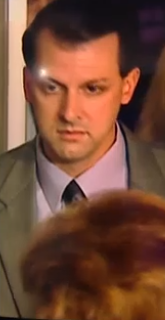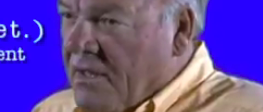The trial of the State of Indiana vs. Jeff Pelley begins in South Bend. Jeff’s lead defense attorney recalls important moments and delays that defined the high-profile proceedings. He explains to Delia the defense’s strategy that was pushed to the brink.


